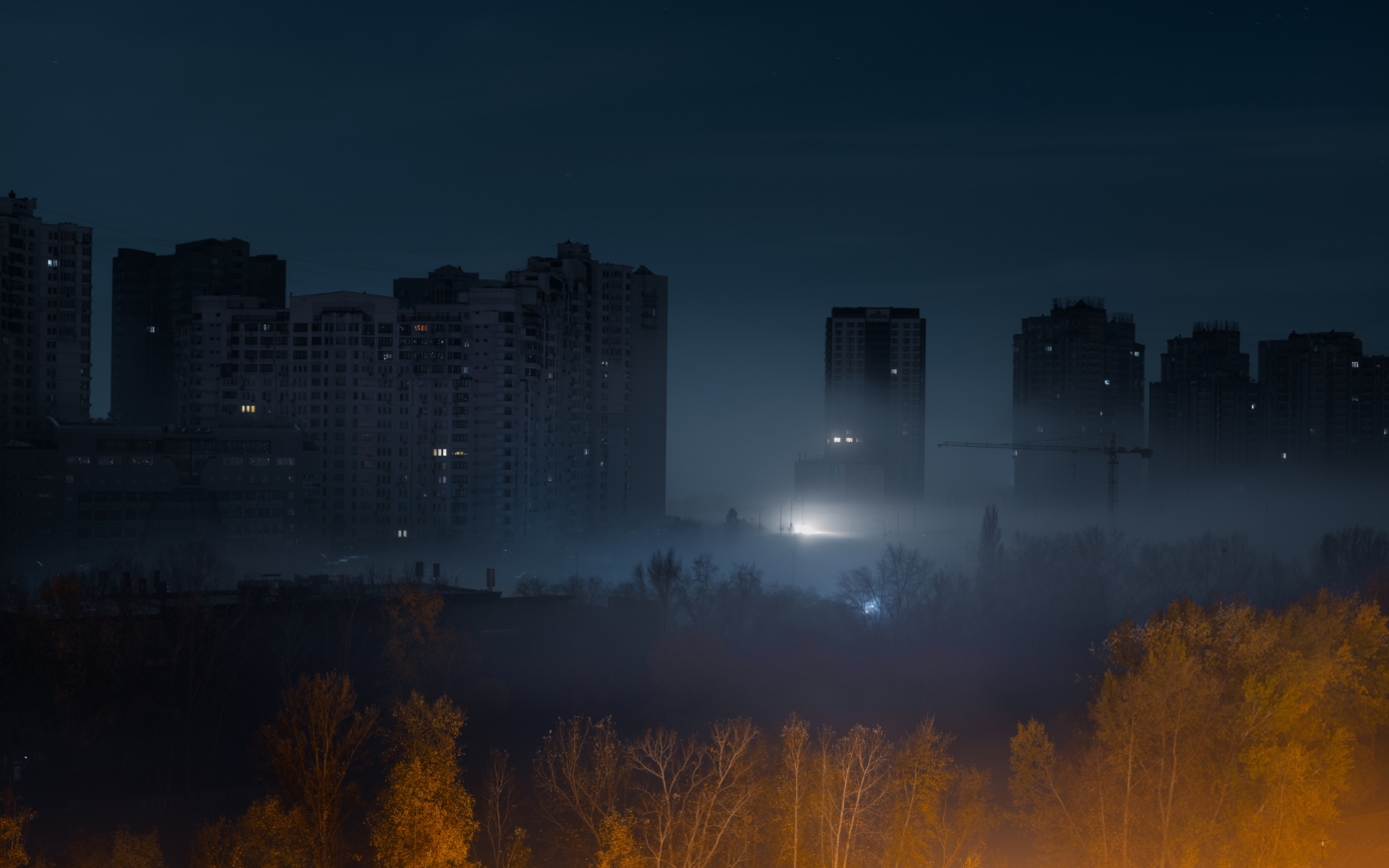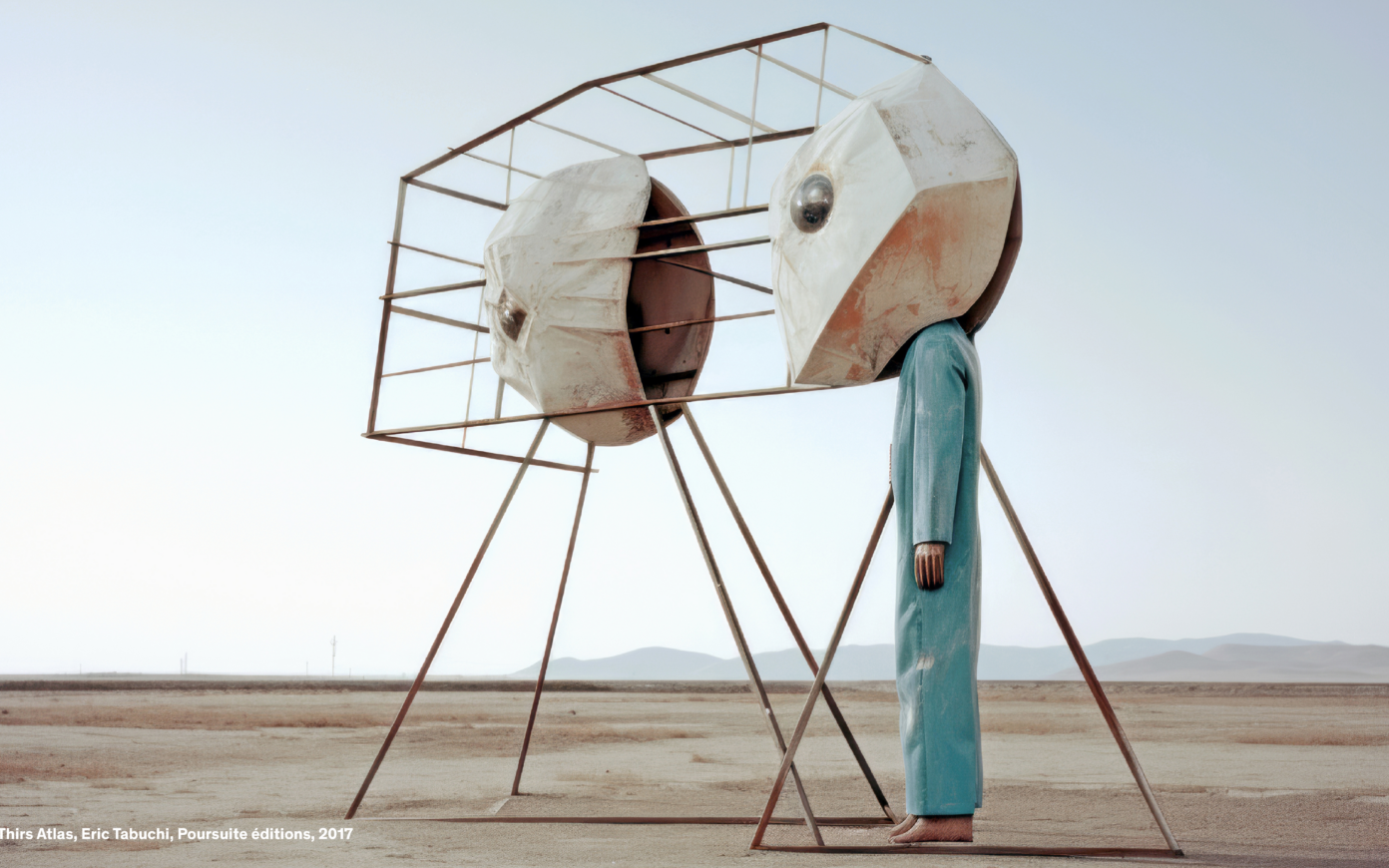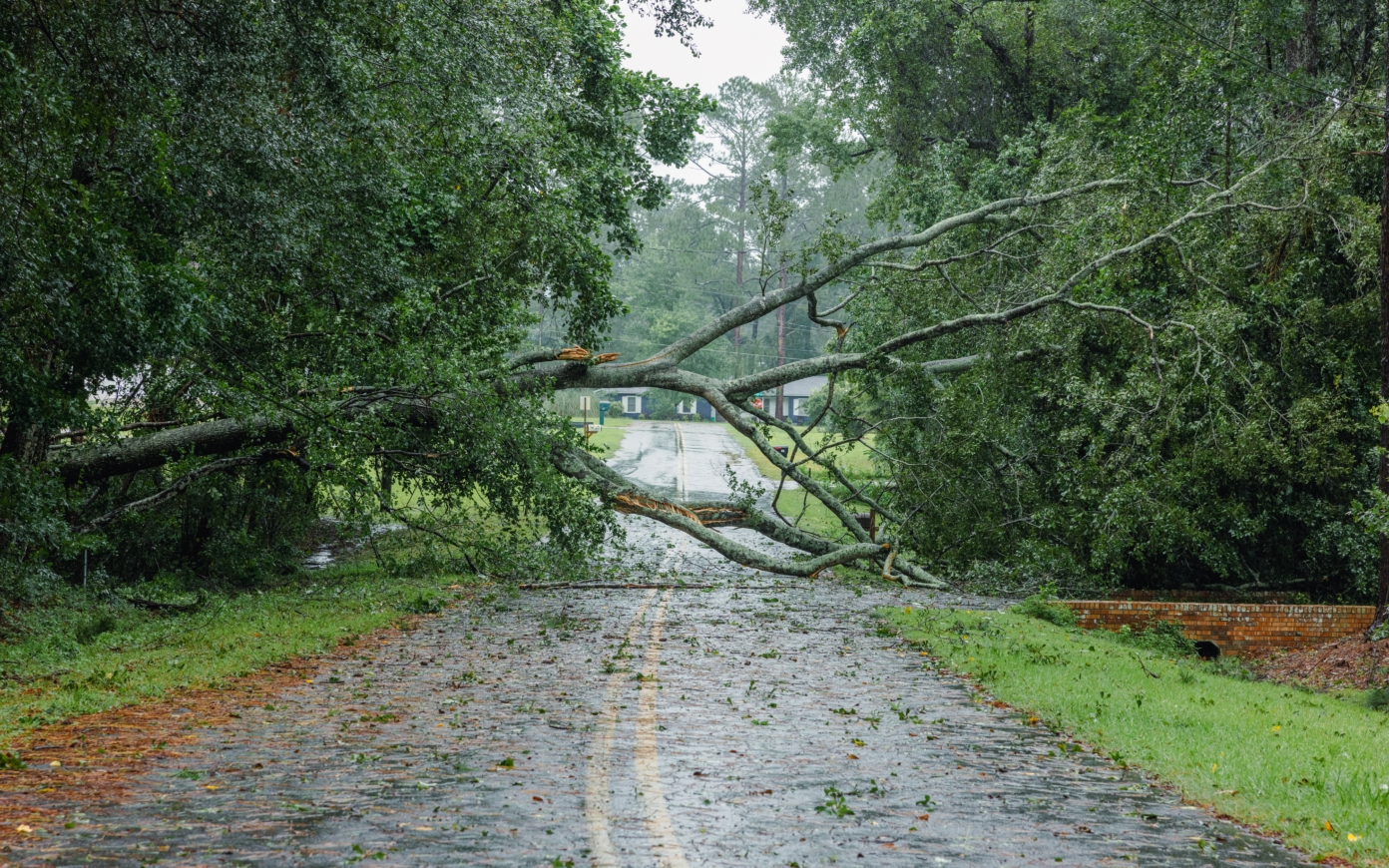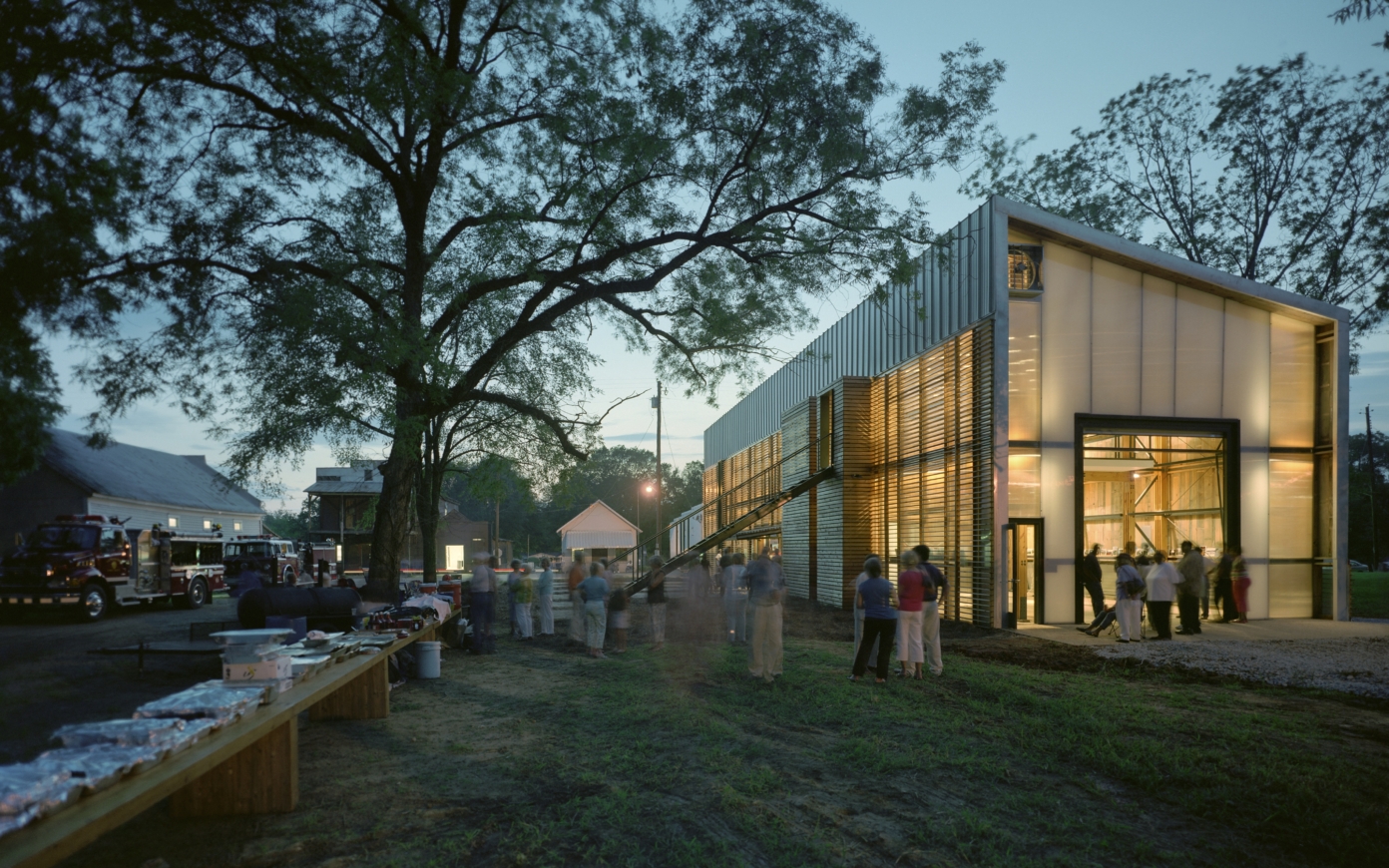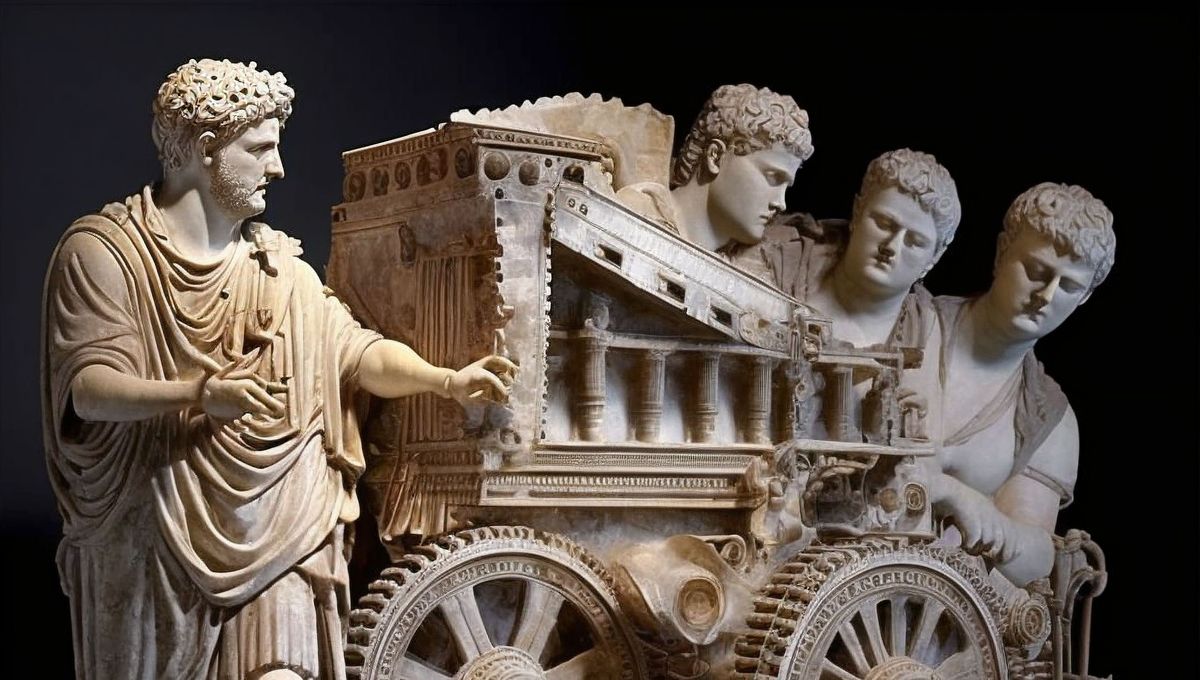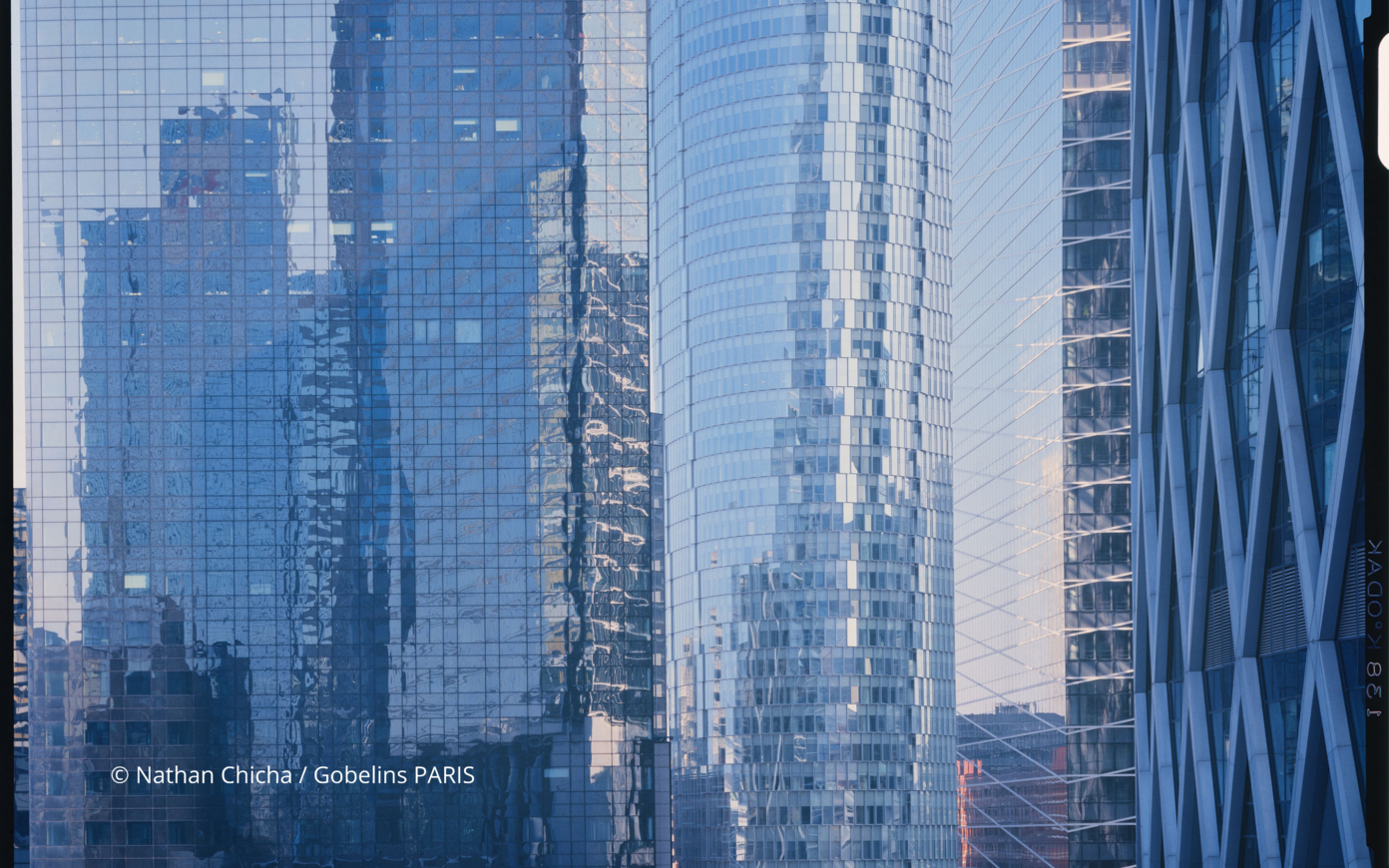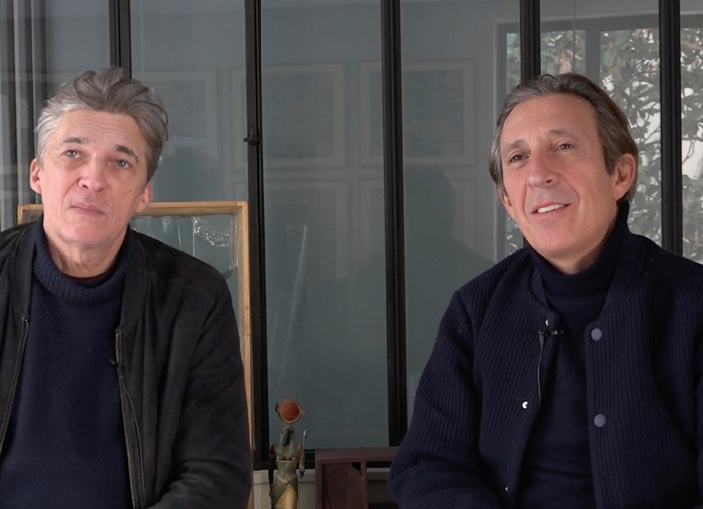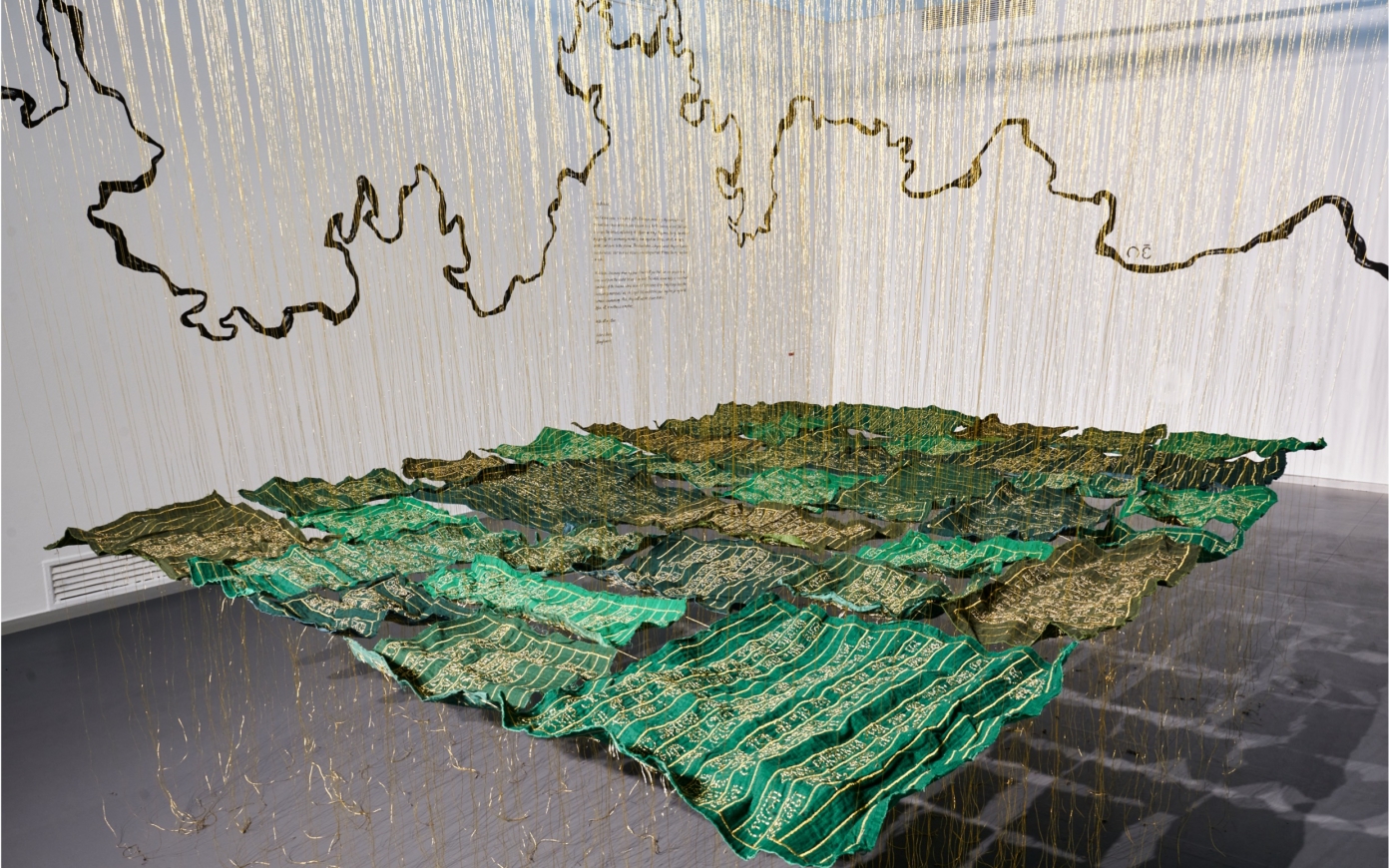The Link : the tower that reinvents La Défense.
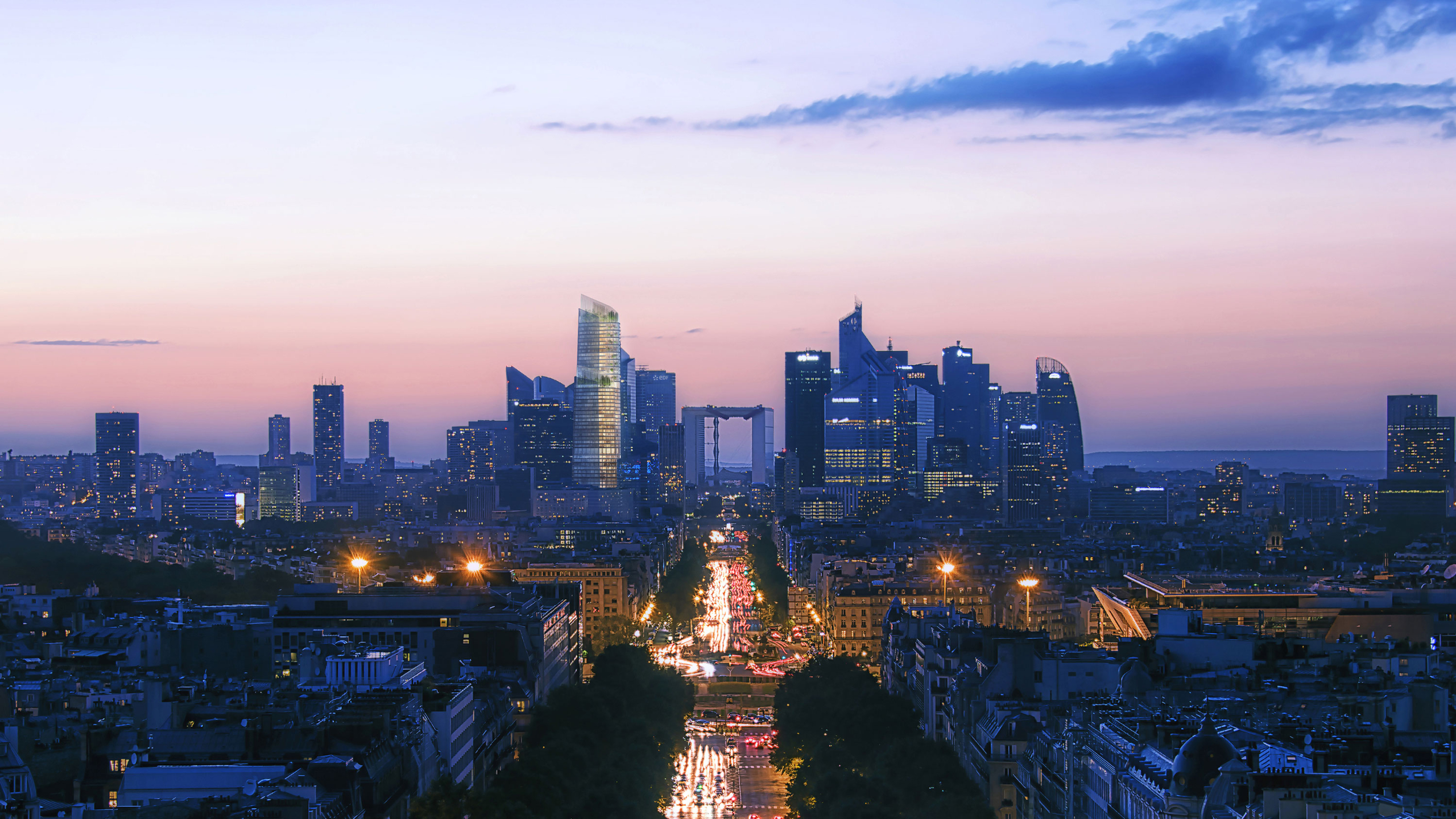
- Publish On 21 May 2017
Groupama Real Estate and PCA-STREAM unveil The Link, a tower that will convey a new image for La Défense and serve as an emblem of the reinvention of work and the transformation of our relation to the city.
PCA-STREAM has imagined a highly specific morphology for this innovative tower, capitalizing on the size of the parcel by splitting it in two distinct wings that are interconnected by thirty platforms, the “Links.” These platforms are the key defining and distinctive feature of the tower. They are more than eight meters wide and are offer on each floor terraces and hanging gardens that boast spectacular views. The Links are designed as spaces for collective work and as meeting points for users—in other words, they act as real “village squares” within the high-rise tower.
“The towers we have in La Défense are basically stacks of office floors with an average surface of 1,800 sqm, in which employees are isolated in small groups of 150 people. Access to the natural light is uneven, outdoor spaces are non-existent, and common spaces in which to work together are very limited. The traditional office tower does not address the new paradigm of work spaces, namely as places that foster cohesion, a sense of togetherness, and collective intelligence all the while providing comfortable conditions to all its users. This can create a sense of isolation and anonymity among employees who can often only meet up at the foot of their tower”. - Philippe Chiambaretta

